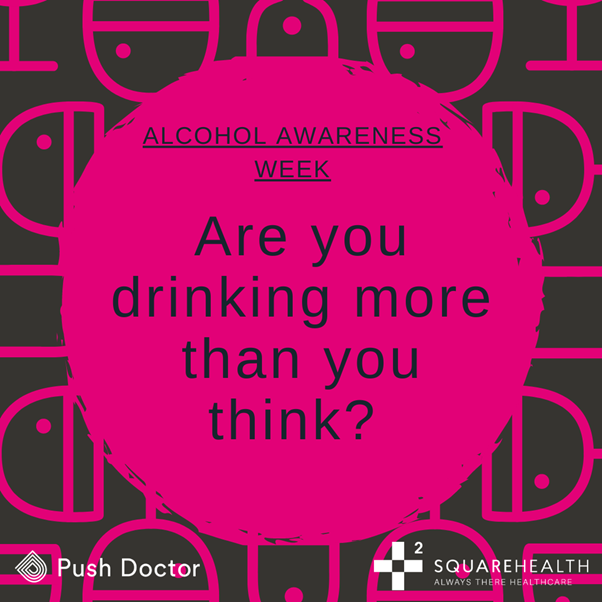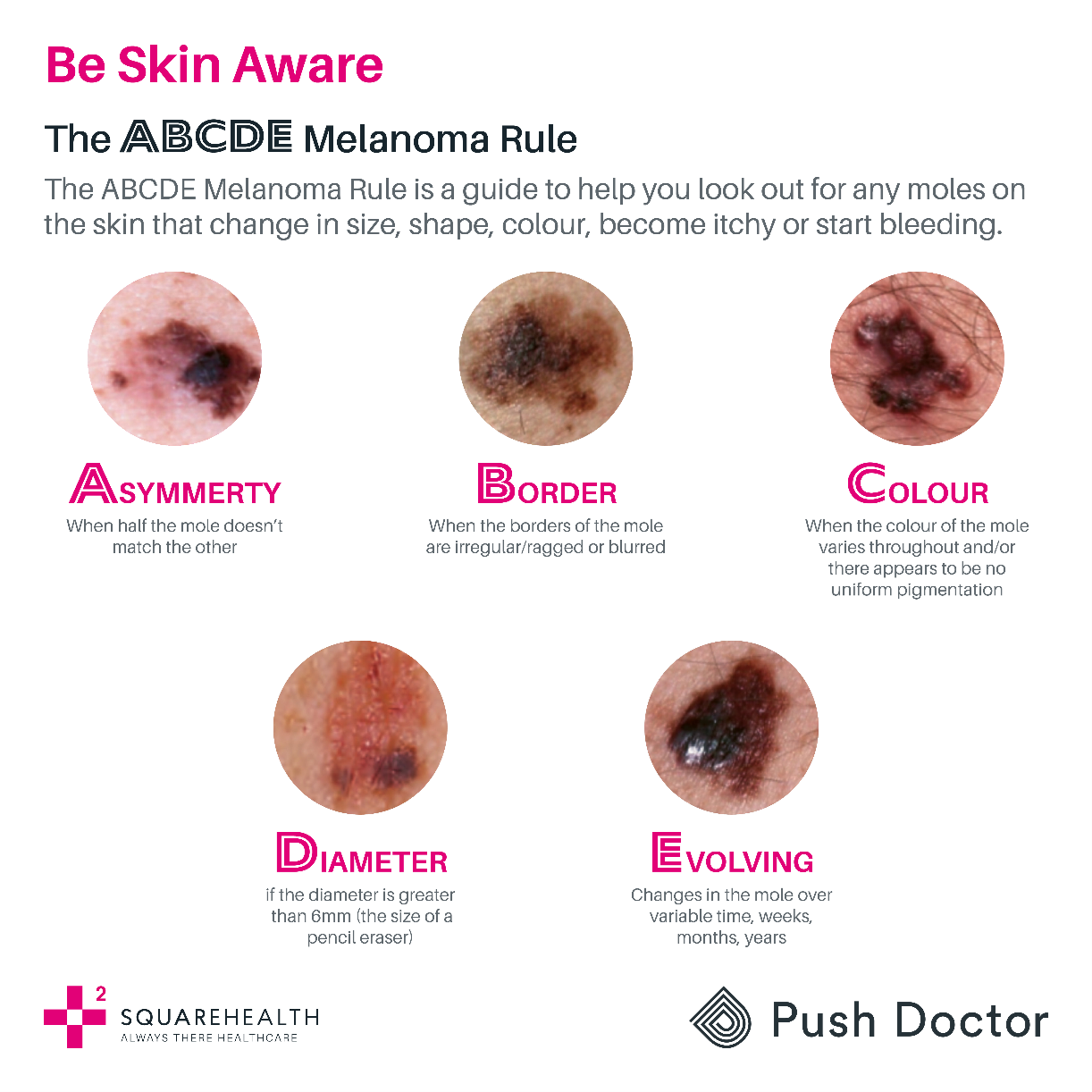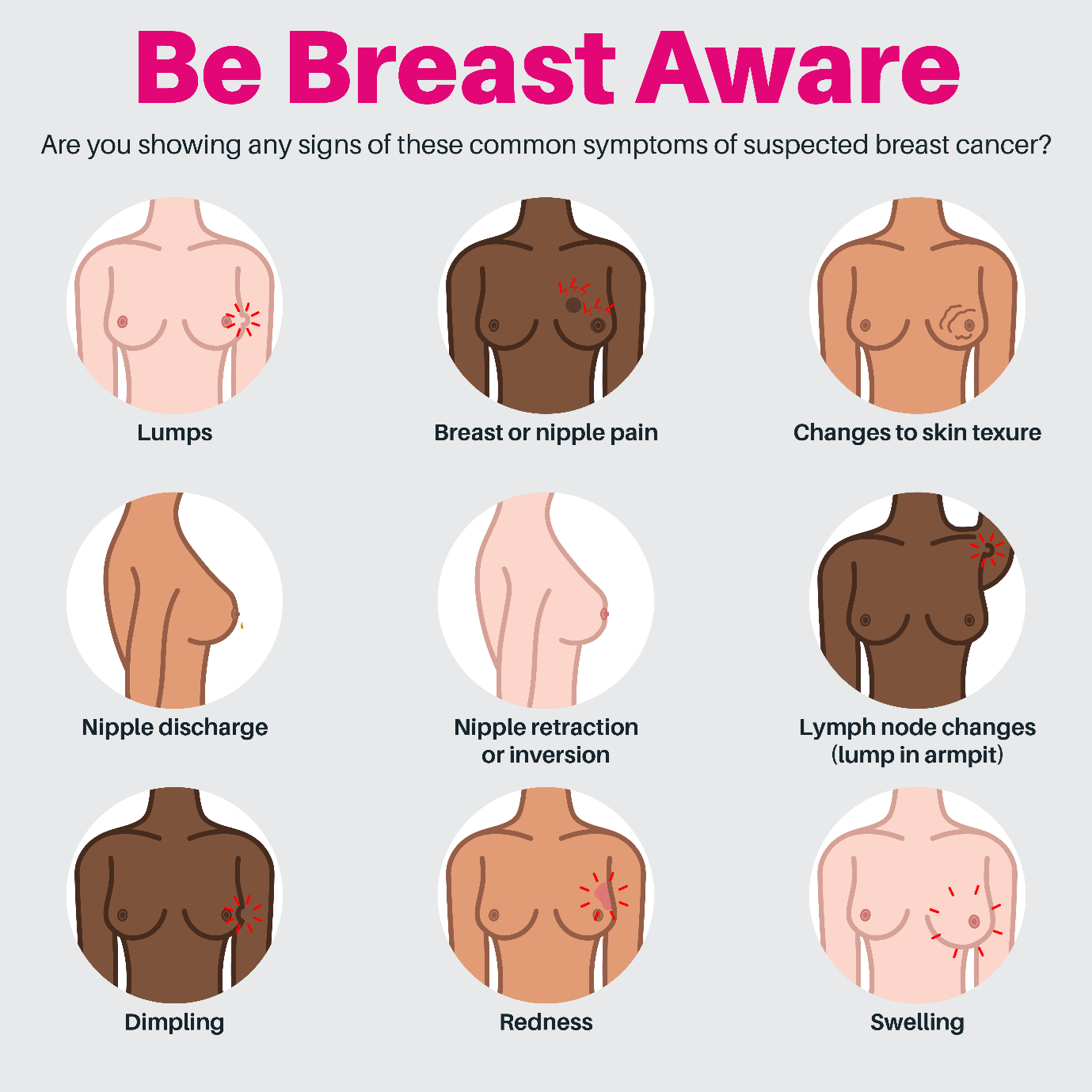By Push Doctor
Alcohol awareness – are you drinking more than you think?

Alcohol awareness – are you drinking more than you think?
Alcohol Awareness Week is 3-9 July, with the purpose of getting you to think about your drinking and raising your self-awareness about your relationship with alcohol. We'll discuss the advantages of reducing your alcohol intake and how it can improve your overall health and wellness.
Many of us like a glass of wine with dinner after a long day, but if you finish the bottle every evening and open another, it's time to cut back for your health and wellbeing.
Drinking on a regular basis increases the chance of developing a range of health problems, including some cancers. Alcohol is also a depressant, and there is evidence that excessive drinking can worsen your mental health.
The effects of alcohol on your health will depend on how much you drink. The less you drink, the lower the health risks. Reducing your alcohol consumption has many benefits, some immediate effects include:
- feeling better in the mornings
- being less tired during the day
- your skin may start to look better
- you’ll start to feel fitter
- you may stop gaining weight
- improved mood
- you will save money
At the same time, you may be lowering your medium-to long-term chances of major illnesses including liver and heart disease.
What is an alcohol unit?
The number of units in a drink is determined by the size of the drink and the alcohol strength. It is advised to consume no more than 14 units of alcohol per week, spread out across three days or more. This equates to around 6 medium (175ml) glasses of wine or 6 pints of 4% beer. There is no entirely safe level of drinking, but following these limits reduces your chances of harming your health.
With so many different drinks and glass sizes to choose from, from shots to pints, not to mention bottles, it's easy to lose track of how many units are in your drink. Counting alcohol units was originally implemented in the UK in 1987 to help people keep track of their drinking. Units are a straightforward way of expressing the amount of pure alcohol in a drink.
One unit is equivalent to 10ml or 8g of pure alcohol, which is approximately the amount of alcohol that an average adult can process in an hour. This means that by an hour, there should be little or no alcohol remaining in an adult's blood, however this will vary from person to person.
A guide to calculating units
The number of units in a drink is determined by its size as well as its alcohol level. A pint of strong beer, for example, has 3 units of alcohol, whereas the same volume of lower-strength lager contains slightly over 2 units.
Knowing how many units are in your drink will help you keep in control of your drinking.

There is no ‘safe’ drinking level
One or two binge drinking sessions raises the chance of dying from long-term illnesses, accidents, and injuries. Guidelines also suggest that having several alcohol-free days each week is an excellent approach to limit your alcohol consumption.
You can reduce the short-term health risks by limiting the amount of alcohol drunk on any particular occasion, drinking with meals, and alternating a glass of alcohol with water.
For pregnant women, or those planning a pregnancy, the guidelines say the safest approach is to drink no alcohol at all to keep risks to the foetus to a minimum.
Tips on reducing your alcohol intake
Reducing your alcohol consumption will provide you with numerous health benefits, and to assist and inspire you, here are a variety of ideas to keep you on track so you become more conscious of how and why you drink.
1. Track your intake
Because you now know how many units are in a specific drink because of this action plan, you can keep track of how many units you consume per day. You can then identify where you can cut back on your drinking and what triggers to you drink, for example is it certain people, places, feeling stressed. Becoming mindful of how and why you're drinking will help you to make a plan to reduce the amount you consume.
2. Make a plan
Begin slowly, and instead of aiming for complete abstinence, aim to drink no more than seven days each week. You may try avoiding drinking from Monday to Wednesday and then setting a daily drink limit on the remaining days. A great way to help you stay focused and on track with your goals is to use an app. You can download the NHS’s ‘Drink Free Days’ app. The app enables you to update and track your drink-free days, giving you simple and practical tips to help you control your drinking, it sends you reminders to get you on track and helps you celebrate milestones when you reach your targets.
3. Tell your family and friends you want to get healthier
Alcohol consumption is frequently associated with social occasions, particularly when gathering with family and friends. So, informing them you want to reduce your drinking because you want to get healthier will help normalise the changes you want to make, as there can be a lot of peer pressure to drink in social circumstances. Saying you don't have a problem with drinking, and you just want to improve your health and quality of life by reducing your alcohol intake will get everyone on board with your goal.
4. Try smaller sizes and lower strengths
You can still enjoy a drink but go for smaller sizes. Try bottled beer instead of pints, or a small glass of wine instead of a large one. Try lower-strength drinks by swapping strong beers or wines for ones with a lower strength. You can find this information on the bottle which will be displayed as ‘ABV in %’. ABV stands for ‘Alcohol By Volume’ and shows the percentage of the drink’s total volume is pure alcohol.
5. Have some alcohol-free days each week
Having a few alcohol-free days every week will help you stay healthy and break any harmful habits, such as reaching for a drink every day after work. Use this opportunity to develop some other good habits, such as eating healthily and exercising.
6. Try low and alcohol-free alternatives
Low and non-alcoholic drinks are a fantastic option for helping you to cut back on drinking as they taste the same or comparable but contain less alcohol. Many retailers provide an ever-expanding selection of low and non- alcohol items.
7. Limit the amount of alcohol in your home
Remove the temptation by not keeping alcohol in the house. Just like chocolate, if it's not in the house, you can't eat it, which will help you stay on track. If you don't want to make your home a complete no-drink zone, don't buy in quantity, as research shows that the more alcohol we buy, the more likely we are to consume it sooner than we intended.
8. Change your "after-work routine"
If you've developed a habit of reaching for a glass of wine or a beer after work to help you unwind, try switching things up by finding some healthier alternatives. For example, try finding an after-work activity, such as going for a walk or running or try out a new hobby that doesn't include alcohol, or if you're thirsty, try putting on the kettle or reaching for a good non-alcohol alternative.
Remember to congratulate yourself after you've reduced your alcohol consumption and met your daily goals. Some days you may struggle and fall short of your target, but don't beat yourself up over it; tomorrow is a new day.

